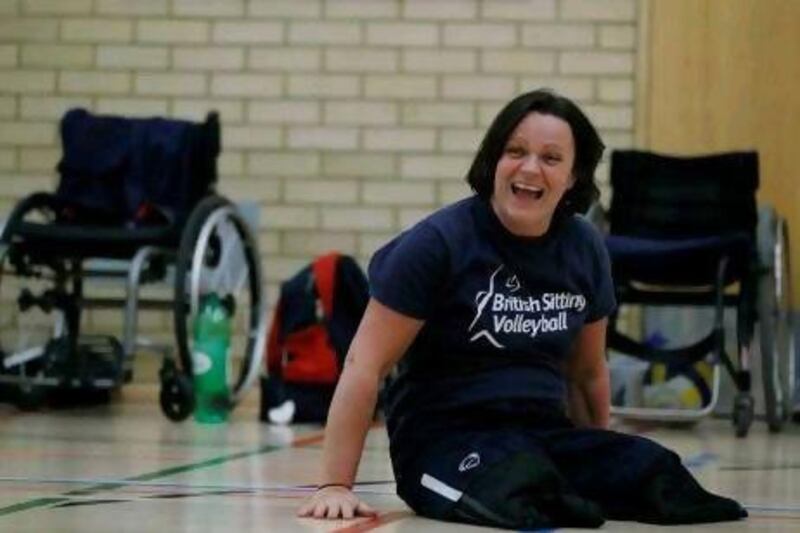It was no great surprise to see the work of William Shakespeare feature heavily in the opening ceremony of the Paralympic Games in London, just as it did for the Olympic Games five weeks earlier.
Sport and drama do not simply go hand in hand. They are inseparable. Sport is drama and drama is sport.
And just as you would not wander into a play halfway through the second act - well, you could, but it would be highly unsatisfactory - you cannot fully appreciate disabled sport without knowing the back stories of the athletes.
This is why I cannot agree with Oscar Pistorius, the double-amputee sprinter and best-known Paralympian of all time, who has repeatedly urged us to focus on the athletes' abilities, not their disabilities, during these Games.
I find it impossible to separate the two. How does one admire an athlete's ability without first understanding what they have overcome to reach that level?
When I watch the Paralympics I am plagued by questions. How did they get there? Were they born disabled, which is a cruel fate, or was their once-whole body snatched away by some trauma, which seems even crueller?
Was someone to blame - drunk-driver, terrorist, enemy soldier - or was it simply down to dumb (bad) luck?
A prosthetic "blade" does not just signal half a leg, but half a story. These things matter. To me they do, anyway.
For example, take the story of Martine Wright, who will compete for Team GB in the seated volleyball.
She lost both legs in the Al Qaeda-inspired bombings of the London Underground in July 2005, which came just one day after the International Olympic Committee had announced that her home city would host the 2012 Games.
To ignore Wright's story - her journey from excited sports fan daydreaming of watching the action to a horrifically maimed athlete getting to compete - would be a disservice to both Wright herself and innocent victims of terror worldwide.
Or how about Jonnie Peacock, the amputee British sprinter hoping to steal Pistorius's crown in the 100-metre dash.
When we see his mother in the crowd, as we surely will, how can we appreciate her pride without comparing it to the sadness and fear she must have felt on a very different night, in 1998, when doctors told her that her beautiful five-year-old boy had meningitis? To me, that is a story worth dwelling on.
I do not dismiss Pistorius's concerns out of hand. I understand that it must be frustrating for disabled athletes to feel they are defined by a single moment of tragedy - usually one they had little control over - when they define themselves by the hours of sweat and toil they put in to honing their craft.
However, if he is serious about wanting equality with other sports - and few have done more than him to try to achieve that goal - he must accept that sport is just another branch of the entertainment industry, competing for our ever-dwindling attention spans with Hollywood movies, computer games and rock concerts. It must do all it can to sell itself.
If sport were solely about the athletes' ability, the coverage of the Olympic 100m final would last 10 seconds.
No build-up, no victory laps, no posing for the cameras. Just focus on what they do best, right? Wrong.
Even football, that sporting behemoth which so dominates the landscape, trades heavily on a multitude of back stories.
When Barcelona beat Real Madrid, the knowledge that one team was Franco's pet and the other a symbol of Catalan resistance matters. When Steven Gerrard appears to single-handedly drag Liverpool back into a match, the knowledge that his cousin died in the Hillsborough disaster matters.
Pound for pound, few Paralympic events can match the spectacle of their Olympic equivalent. Seated volleyball is, in itself, less exciting to watch than standard volleyball. If it were not, then Olympic players would compete sitting down.
The "wow" factor comes not from the physical spectacle but the knowledge of the barriers already cleared.
The disability is key and spectators should not be encouraged to politely ignore it. Rather, the athletes should let us stare and invite those tedious questions they have answered so many times before.
Because these are not the stares and questions of ghouls and titterers gathered at a circus freak show but the awestruck gawping of sports fans who simply wish to revel in the heroism we know is beyond our own "able" bodies.





